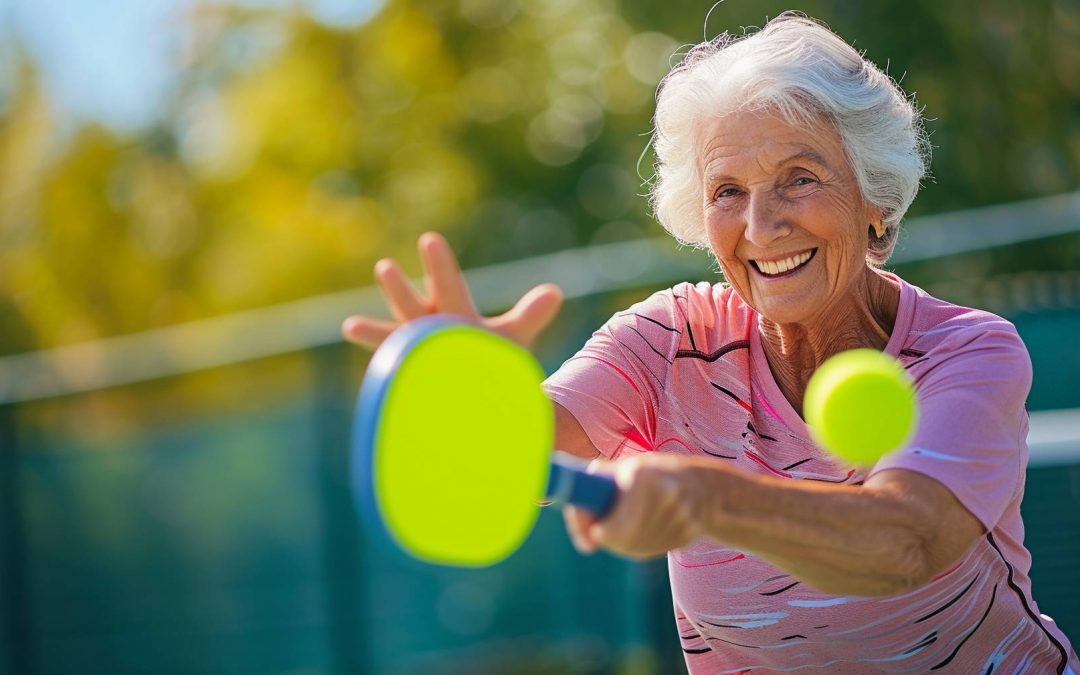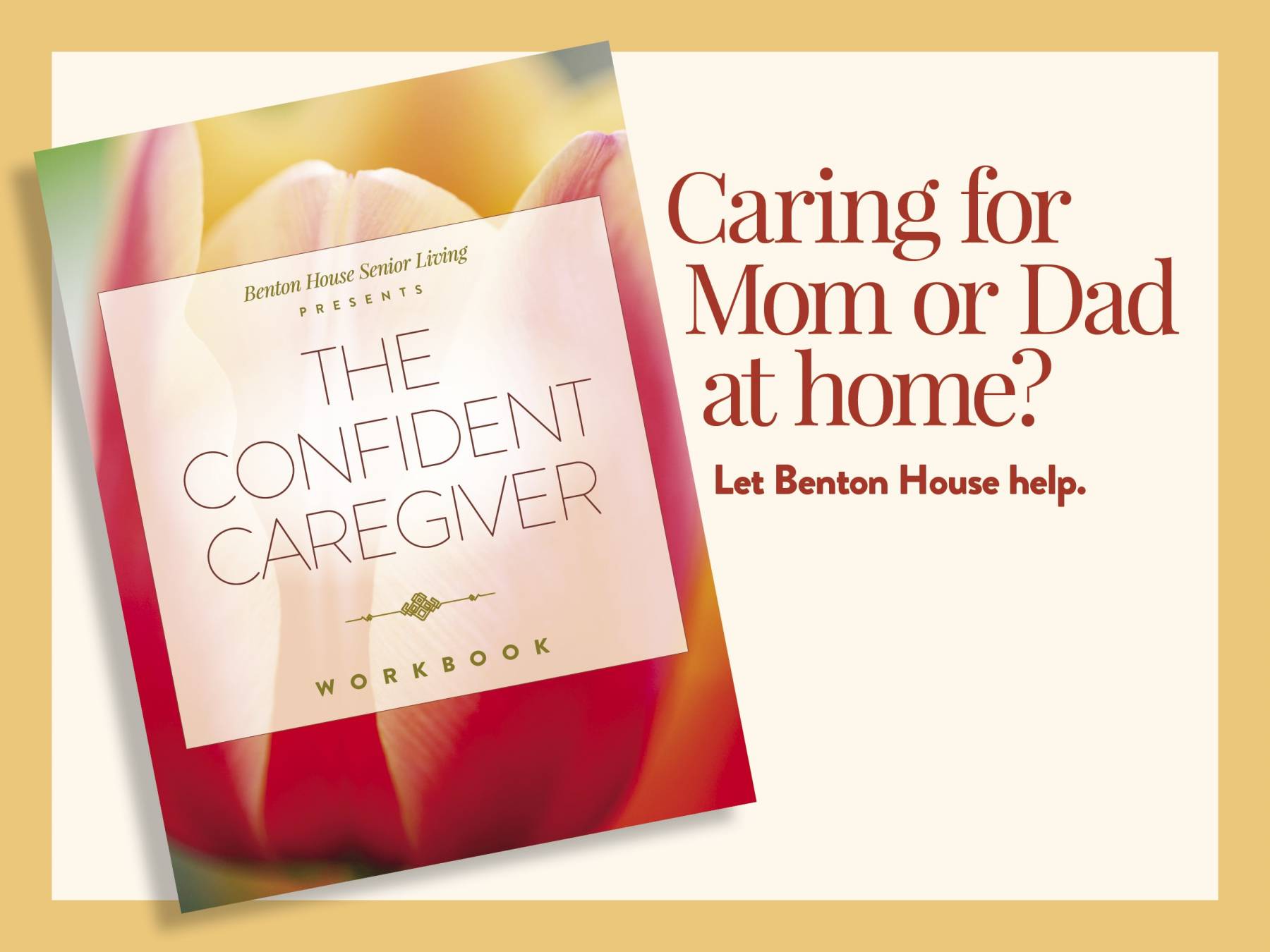As we age, staying active becomes increasingly important for maintaining both physical and mental well-being. While many may think of sports as the domain of the young, engaging in physical activities can be highly beneficial for seniors as well. Here, we explore some of the significant advantages of sports for older adults, backed by research and real-life examples.
Physical Health Benefits
-
Improves Cardiovascular Health: Participating in sports like swimming, cycling, or tennis helps seniors maintain a healthy heart and lungs, reducing the risk of cardiovascular diseases. According to a study published in the British Journal of Sports Medicine, regular exercise through sports can significantly lower the incidence of heart disease among older adults.
-
Enhances Strength and Flexibility: Sports that involve weight-bearing activities, such as golf or yoga, can improve muscle strength and joint flexibility. This is crucial for preventing falls and maintaining independence as one ages.
-
Manages Weight and Diabetes: Playing sports helps control body weight and manage conditions like diabetes. The American Diabetes Association recommends regular physical activity as part of diabetes management, emphasizing its role in improving blood sugar control.
Mental and Emotional Well-being
-
Reduces Stress and Anxiety: Physical activity stimulates the production of endorphins, chemicals in the brain that act as natural mood lifters. Seniors who engage in sports often report lower levels of stress and anxiety, leading to improved overall mental health.
-
Fosters Social Connections: Joining sports clubs or teams provides opportunities for seniors to socialize and build new friendships. Social interaction is crucial for combating loneliness and depression, common issues among older adults.
-
Boosts Cognitive Function: Research published in the Journal of the American Geriatrics Society suggests that regular exercise, including sports, can help maintain cognitive function and reduce the risk of dementia in older adults.
Real-Life Examples
-
Walking Groups: Many seniors find joy in joining local walking groups. These gatherings not only provide physical exercise but also create a sense of community and belonging.
-
Golf: Golf is a popular sport among seniors due to its gentle pace and social aspects. Many retirement communities have their own golf courses, offering residents a chance to stay active and engaged.
-
Swimming: Water-based activities like swimming are gentle on aging joints while providing an excellent cardiovascular workout. Senior swim clubs and aqua aerobics classes are widely available.
-
Tai Chi: This ancient Chinese martial art has gained popularity among seniors for its gentle movements and focus on balance and relaxation. Tai Chi classes are often offered at community centers and senior centers, providing a low-impact exercise option that improves flexibility and reduces stress.
-
Dancing: Whether it’s ballroom dancing, line dancing, or salsa, dancing is not only a fun activity but also a great workout for seniors. Dancing improves cardiovascular health, coordination, and cognitive function. Many seniors enjoy attending dance classes or social dance events as a way to stay active and meet new people.
-
Bowling: Bowling leagues are a favorite pastime for many seniors. Bowling provides light physical activity combined with social interaction, making it an enjoyable way to stay active and competitive.
-
Yoga: Yoga classes designed for seniors focus on gentle stretching, breathing exercises, and relaxation techniques. Yoga improves flexibility, strength, and balance, promoting overall physical well-being and reducing the risk of falls.
-
Pickleball: Pickleball is a paddle sport that combines elements of tennis, badminton, and table tennis. It’s popular among seniors because it can be played at a leisurely pace yet provides a good cardiovascular workout. Pickleball courts are increasingly available at community centers and retirement communities.
-
Cycling: Cycling, particularly on stationary bikes or recumbent bikes, is a low-impact exercise that improves cardiovascular fitness and leg strength. Many gyms and senior centers offer cycling classes tailored for older adults.
-
Gardening: While not a traditional sport, gardening involves physical activity such as digging, planting, and weeding, which can contribute to muscular strength and joint flexibility. It also provides mental health benefits by connecting seniors with nature and promoting a sense of accomplishment.
-
Hiking: For active seniors who enjoy the outdoors, hiking on nature trails or in local parks offers both physical exercise and the opportunity to appreciate nature. Hiking clubs and guided hikes are available in many communities, catering to various fitness levels.
Conclusion
In conclusion, sports offer numerous benefits for seniors, encompassing physical health improvements, enhanced mental well-being, and opportunities for social engagement. Whether it’s a leisurely round of golf or a brisk walk with friends, staying active through sports can significantly enhance the quality of life for older adults. As research continues to highlight the importance of physical activity in aging gracefully, encouraging seniors to embrace sports can lead to a healthier, happier, and more fulfilling later life.
By promoting sports participation among seniors, we not only support their individual health but also foster vibrant, active communities where aging is embraced with vitality and joy.
Next Steps
You can always get compassionate, tailored support from us in one of these three easy ways — all completely free.
Visit our support page to request your complimentary Caregiver Workbook.
Call our Caregiver Hotline for free custom support at 855-461-2552. All questions welcome.
Send us a message describing how we can support you. Choose whether you’d like us to reach out: text, email, or snail mail.
There is no charge for these services. They’re simply an extension of our mission to help every family who calls.



